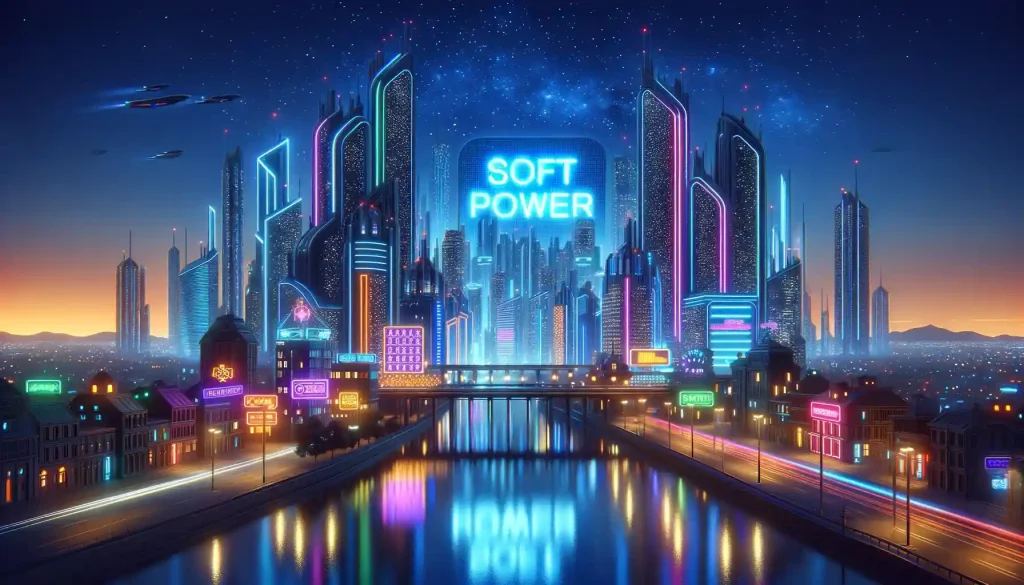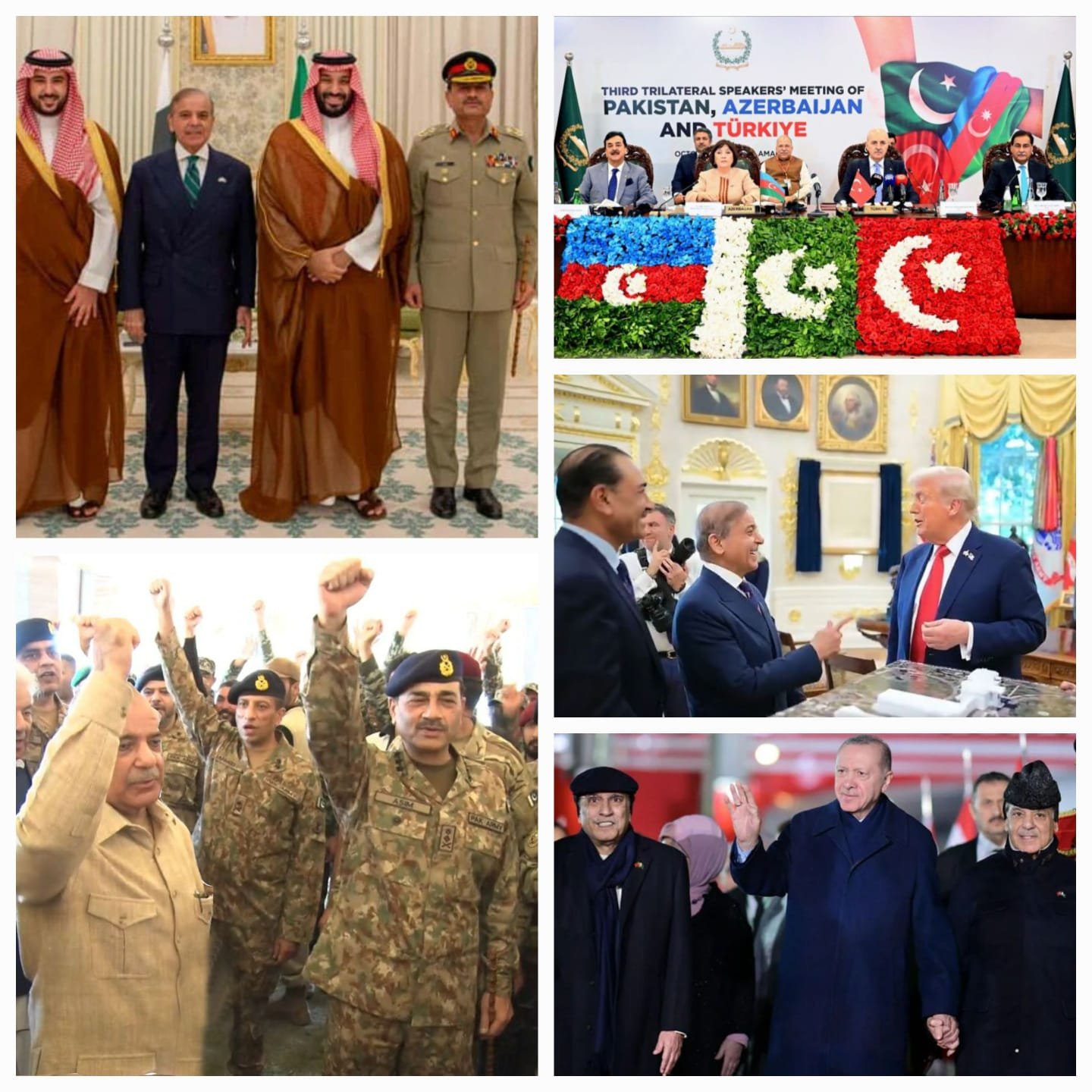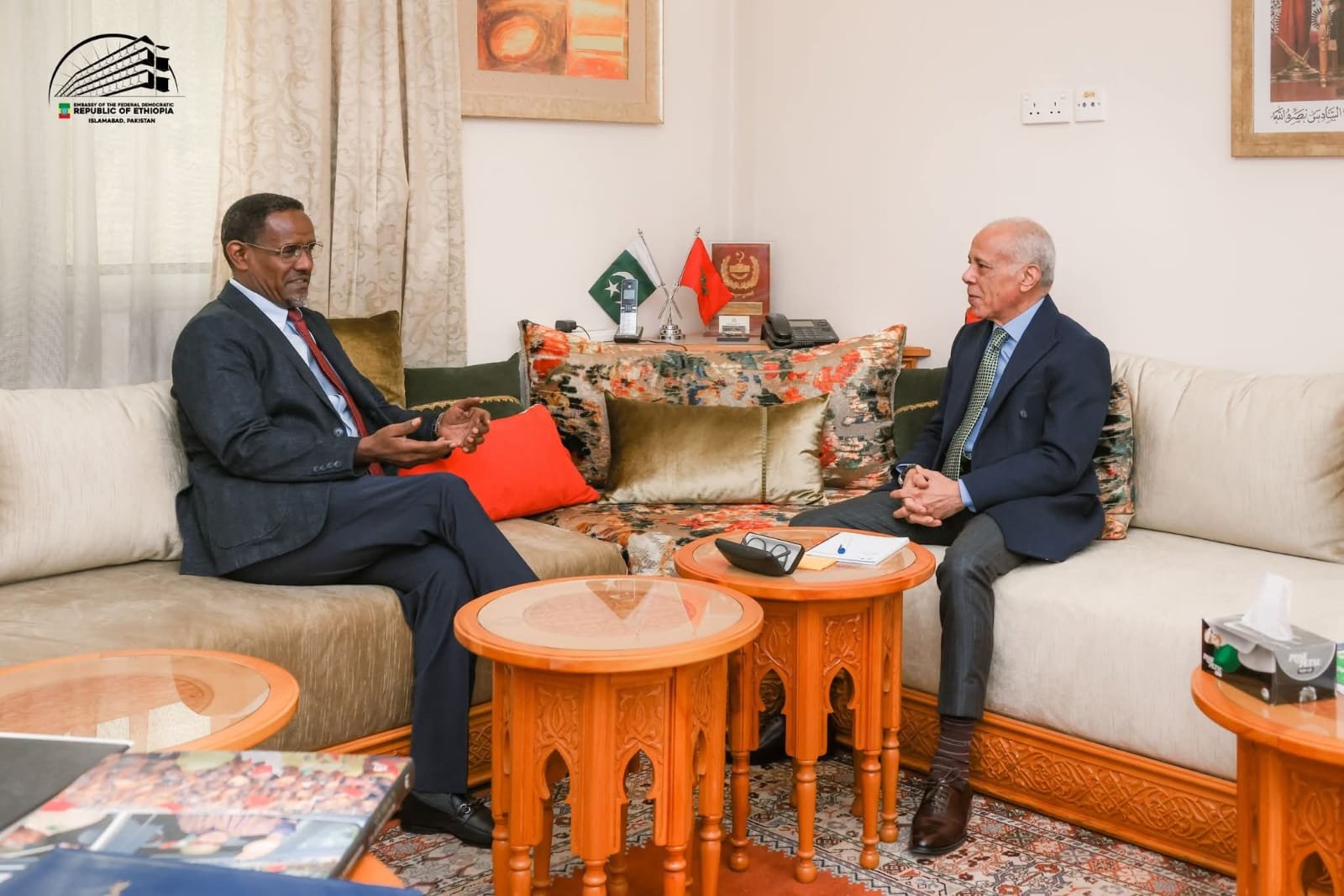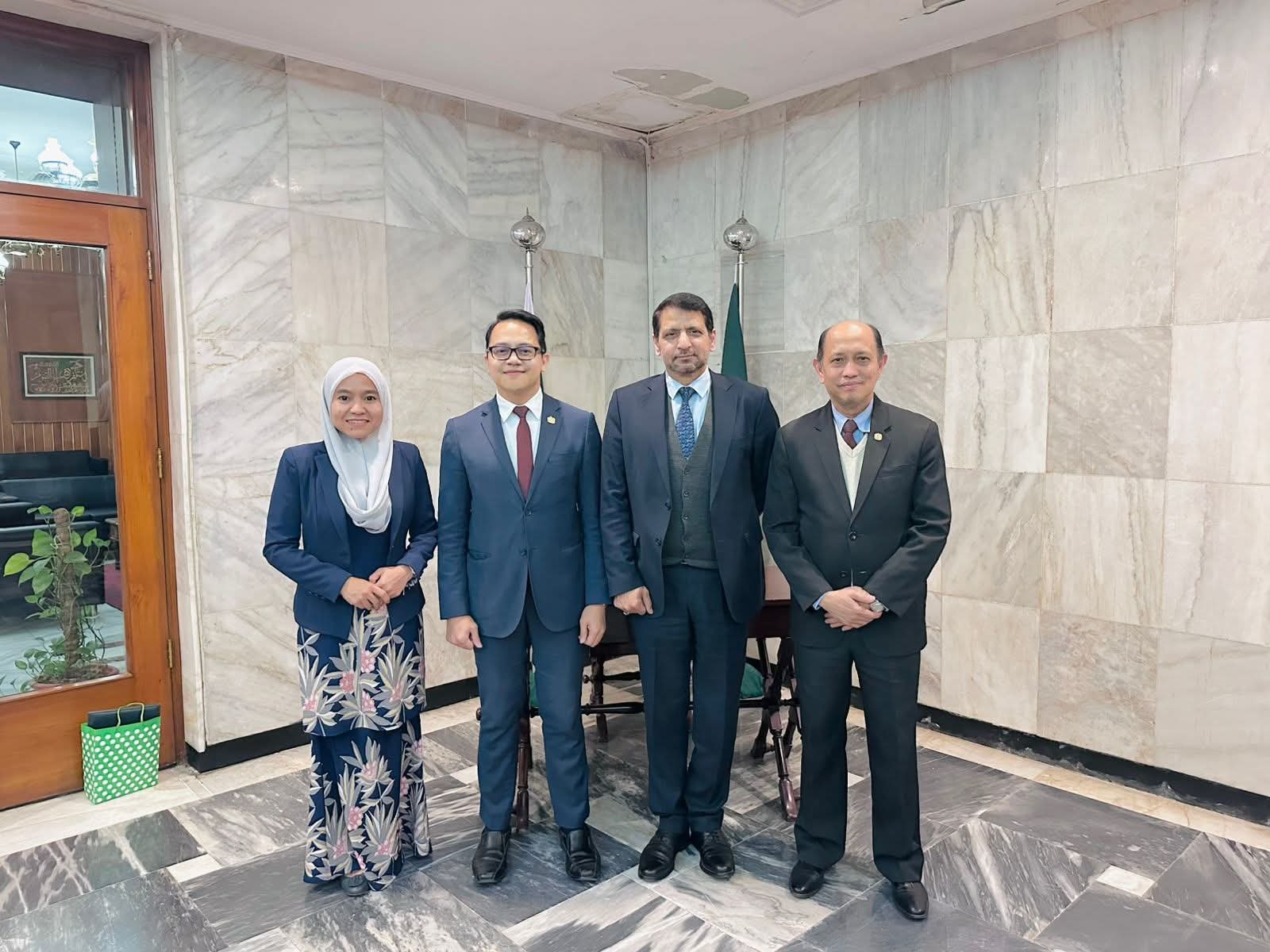Today, the world has become a global hub and the term ‘Soft Power” has added a new digital dimension. Joseph Nye defined soft power as the ability of a nation to attract and influence others through their culture, values, ideals and diplomacy rather than coercion. Today social media platforms, online education system, e-commerce and virtual cultural exchange has increased the flow of influence from nation to nation. As the world is facing shared problems such as climatic change, pandemics, human rights violation, inequality and geo-political tensions under these circumstances digital soft power acts as a bridge for building a shared future based on mutual respect, understanding and cooperation. Historically, the soft power was exercised through cultural diplomacy including cinemas, educational exchanges, language promotion and literature but in 21st century technology has evolved the shape of soft power. Now government, corporations and individuals use digital platforms to shape global narratives and to increase international cooperation through online learning courses, virtual museums and global media networks the values and culture of a nation are extended beyond physical borders.
The digital realm has allowed emerging economies to be valued on a global stage without relying on traditional media monopolies. The global popularity of establishment of China’s Confucius Institutes, UNSECO’s digital heritage preservation projects, online learning platforms like course era and edX and virtual UN climatic dialogues are prime example of how digitalization has democratized cultural diplomacy.
As the world is facing complex and shared problems like pandemics, mental health crisis, cybersecurity threats, AI governance, income disparity, unemployment weak global institutions, energy transition, language and communication barriers the idea of “shared future for man-kind” has become increasingly popular. Digital soft power through cultural exchange, knowledge exchange and technological collaborations offer a pathway for collective actions.
China’s vision of “building a community with a shared future for mankind” lies at the heart of its global diplomacy. The concepts of connectivity- physical, cultural and digital are the core of this shared future. China’s Digital Silk Road which is the major component of Belt and Road Initiative (BRI) which aims to bridge the digital gaps by investing in information technology, 5G networks, e-commerce and establishment of smart city concepts throughout Asia, Africa and Europe. These projects not only facilitate the flow of trade but also promote digital inclusivity and capacity building among nations.
China has strengthened its soft power by hosting international students at various Chinese universities, online courses, research collaborations, Chinese arts, heritage and innovation. Virtual exhibitions, cross-cultural film festivals and language learning tools, Nihao China online campaigns or the global expansion of Chinese media outlets have allowed China to present its narrative of global peace and sustainability at global stage.
Digital platforms are now the main arena of global storytelling. Through documentaries, online campaigns and cultural collaboration nation shape their image how world would perceive them. China’s emphasis on peace, harmony and collective approach are the foundation of its digital narrative which distinguished it from West. Education is one of the most effective tool for the digital soft power. China Initiatives like Study in China (CSC scholarships), establishment of Confucius Institutes (CI) across the world to promote Chinese language and culture and different online learning platforms are the prime illustrations of how digital soft power shapes the image of a nation in the eyes of other nations. Digital Learning not only promotes mutual understanding and empathy but it also serves as a bridge for collaboration in research, innovation, entrepreneurship and empower individuals to contribute meaningfully for global development.
Digital soft power has some challenges too like cybersecurity threats, information manipulation and cyber surveillance but China’s initiatives are underway towards inclusive digital diplomacy. Global Digital Compact and China’s proposal for a Global Initiative on Data Security shows that how China is playing major role in building trust in cyberspace. Regional efforts like ASEAN digital transformation agenda or China-Pakistan cooperation on e-learning and research showed that how nations are now collectively working for peacebuilding, harmony, academic growth and people-to-people connectivity.
Today digital soft power is not confined to only cultural exchange but it also building digital bridges that connect people, values and aspirations. By using technology responsibly and inclusively nations can positively shape the image and perspective of the world and can force it to become harmonious hub. China’s initiatives exemplify how technology when guided by shared goals and cultural respect contribute to more compassionate and connected world.
A shared future is only possible when technology becomes medium of empathy not dominance. Digital soft power has the potential to redefine the global governance and human cooperation making the world more united.

Participant of ICSF-UoS Fellowship Program 2025-26 at University of Sargodha.










